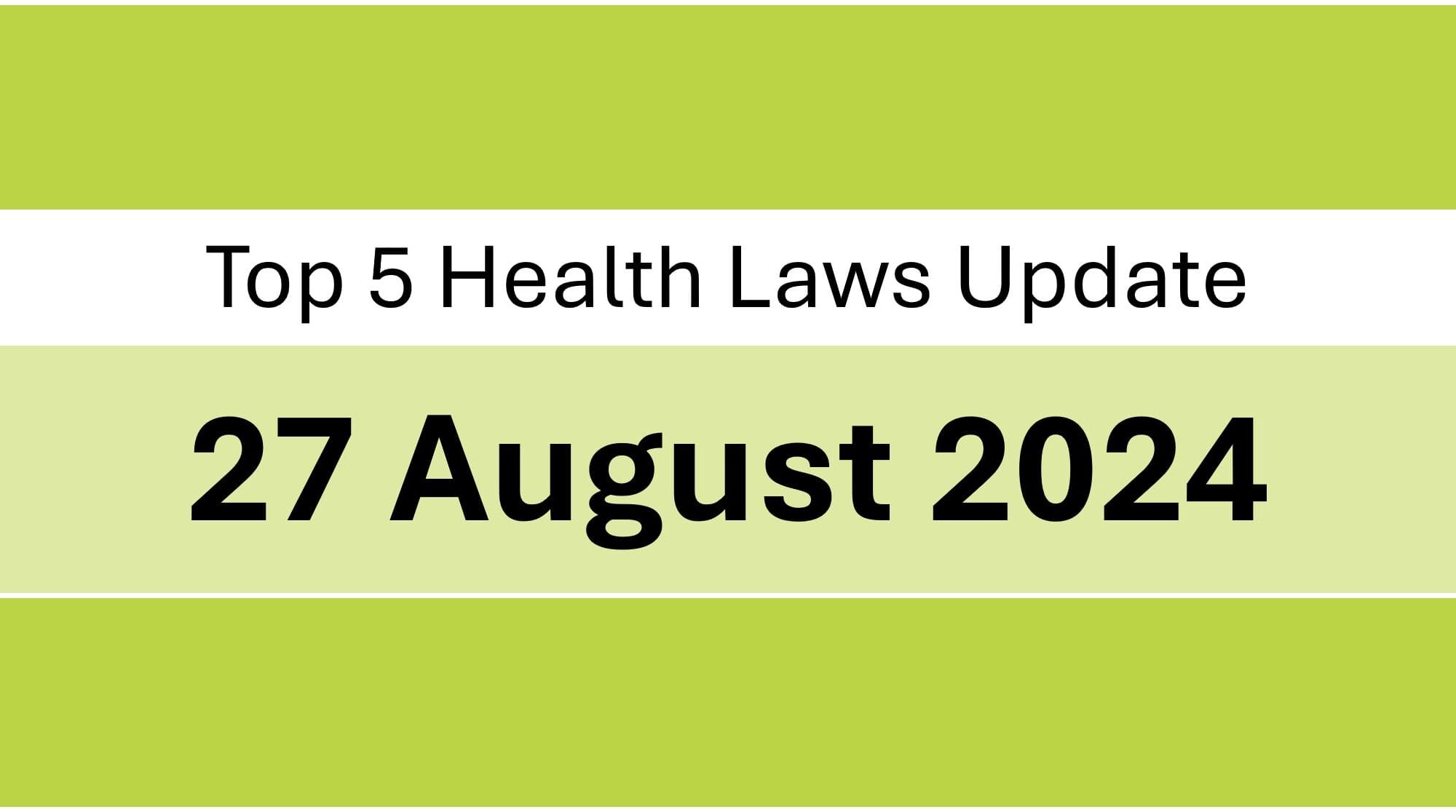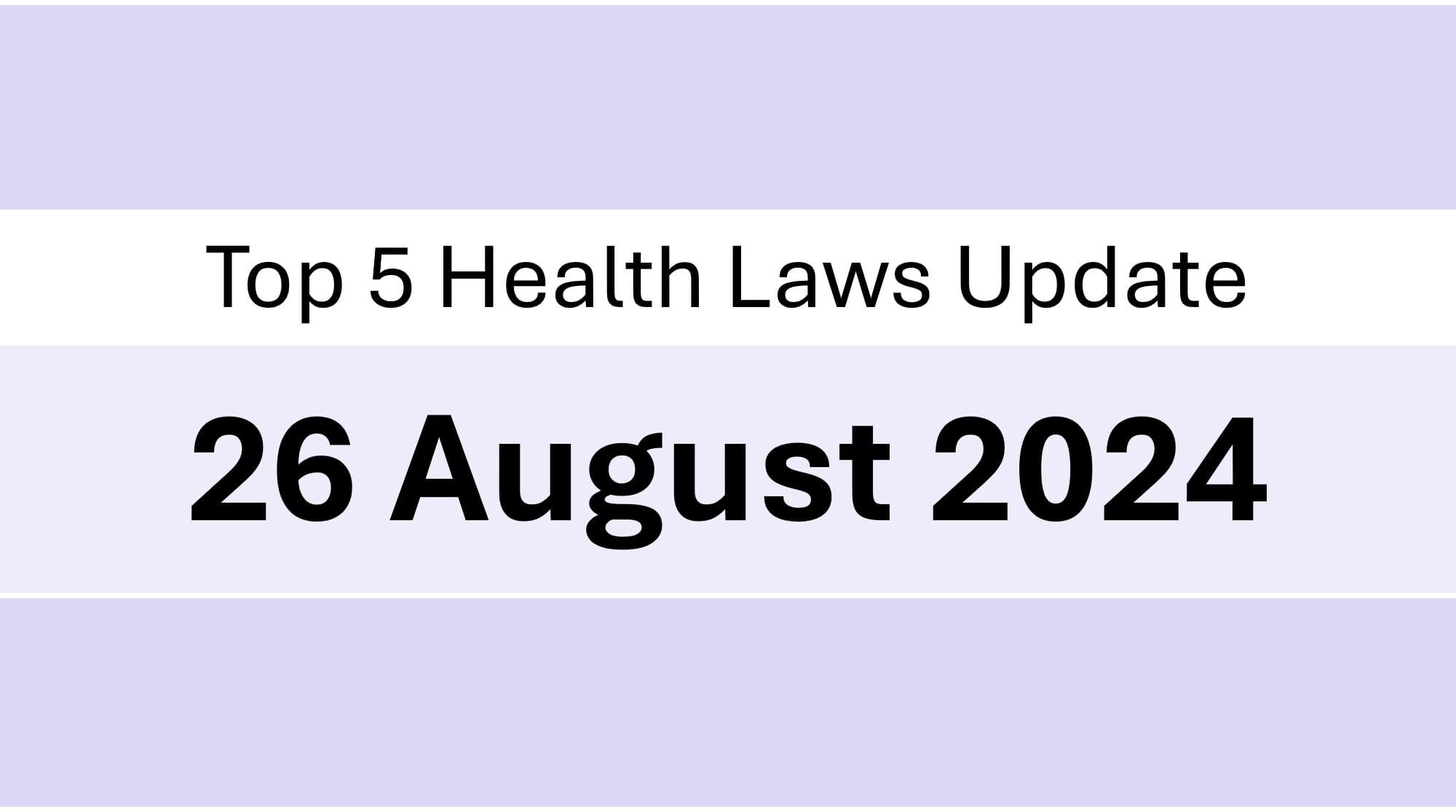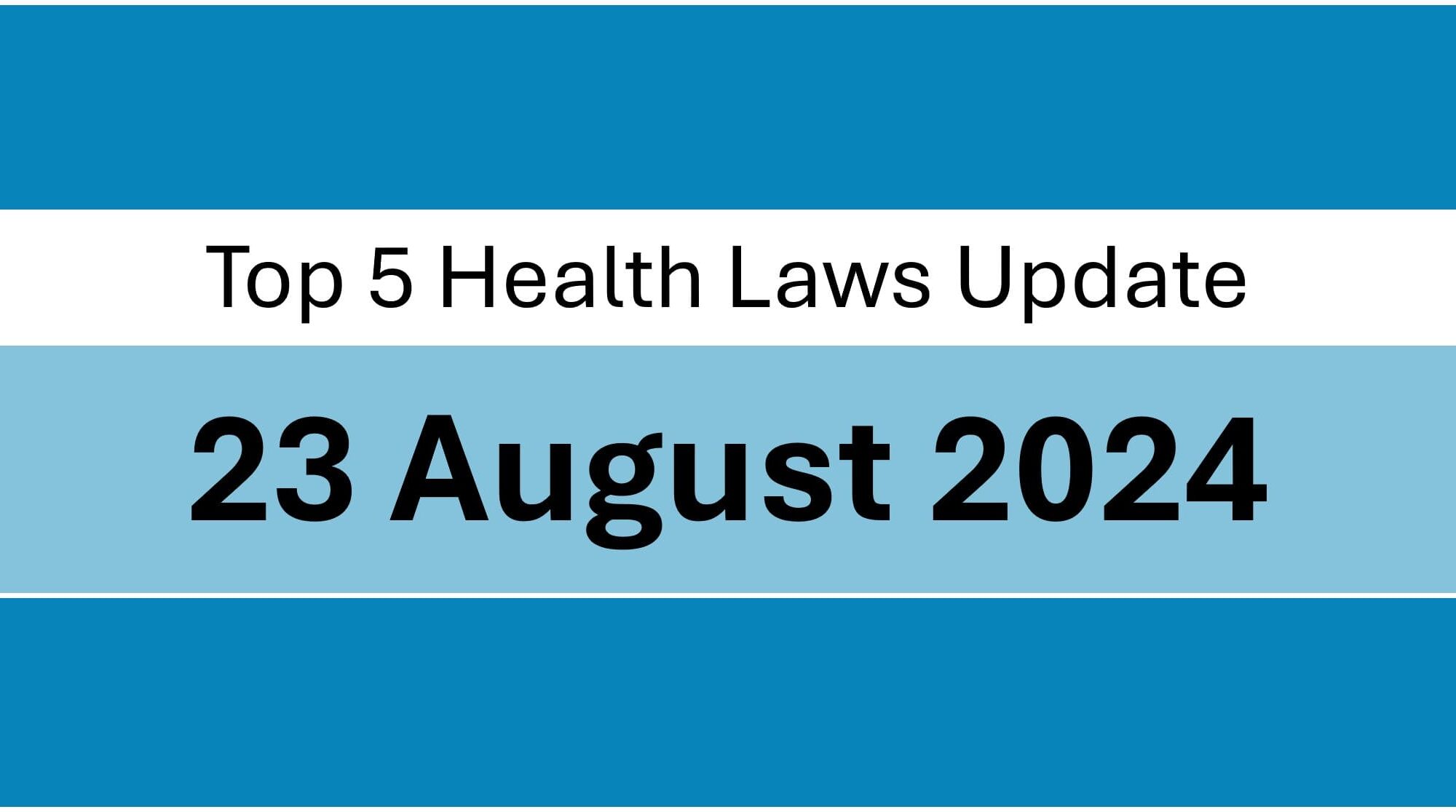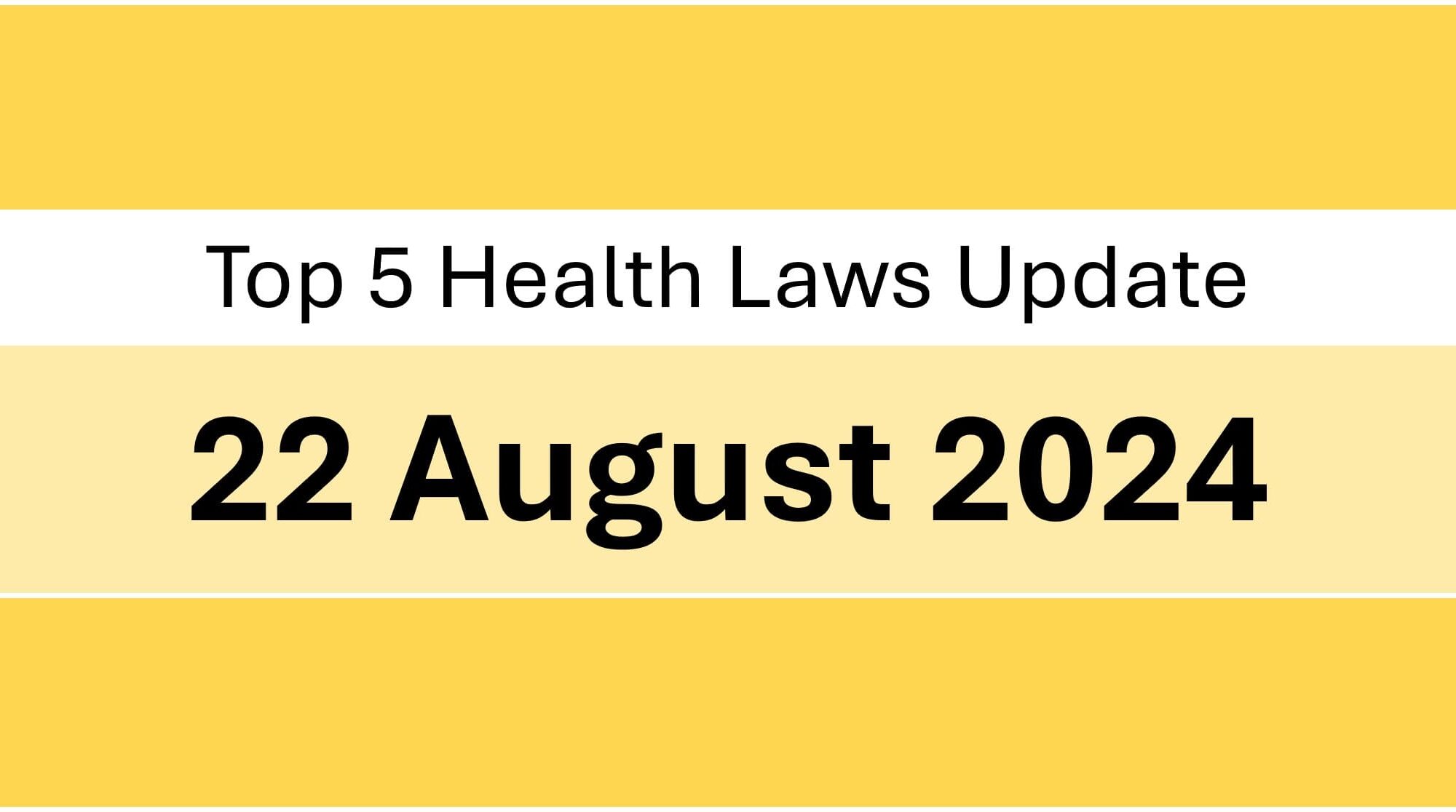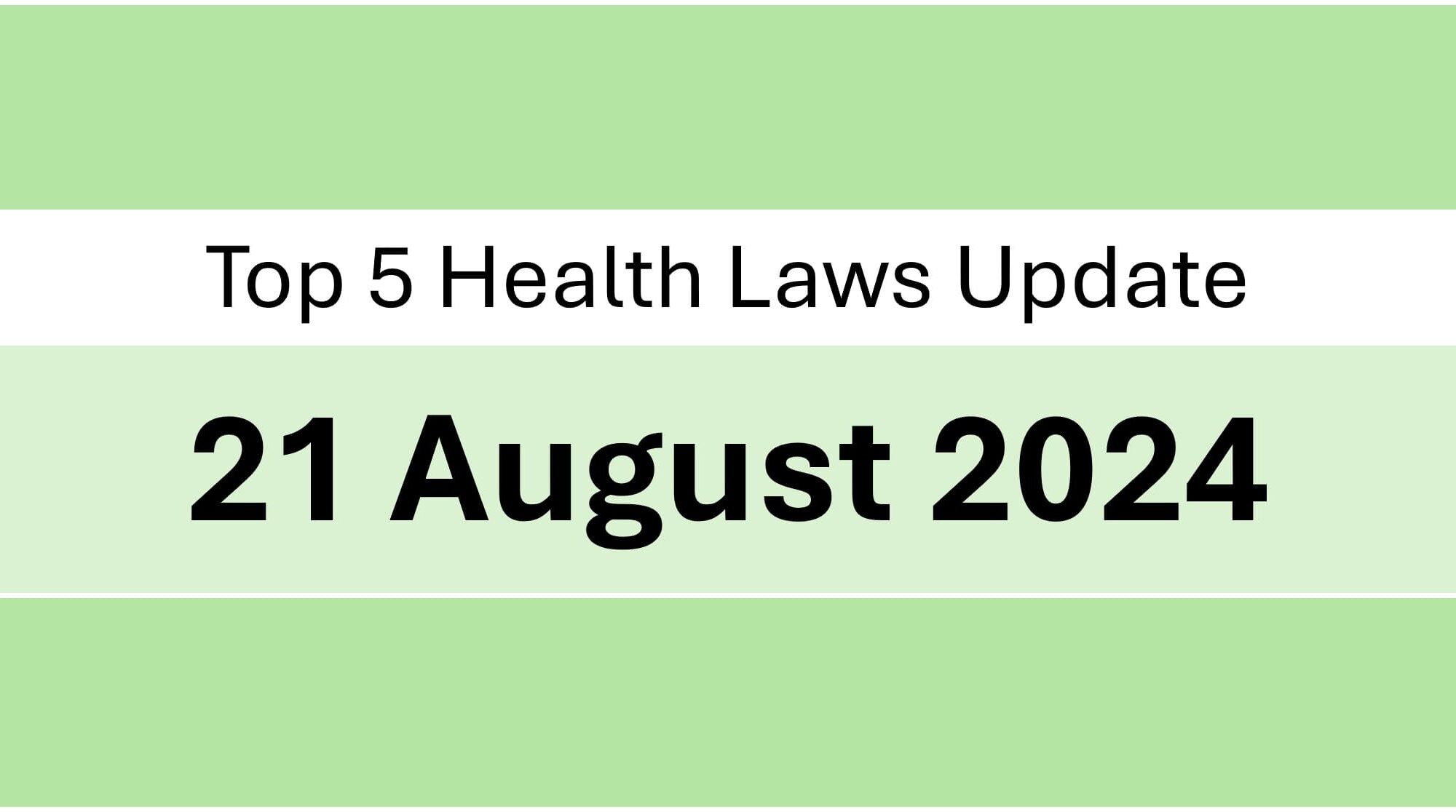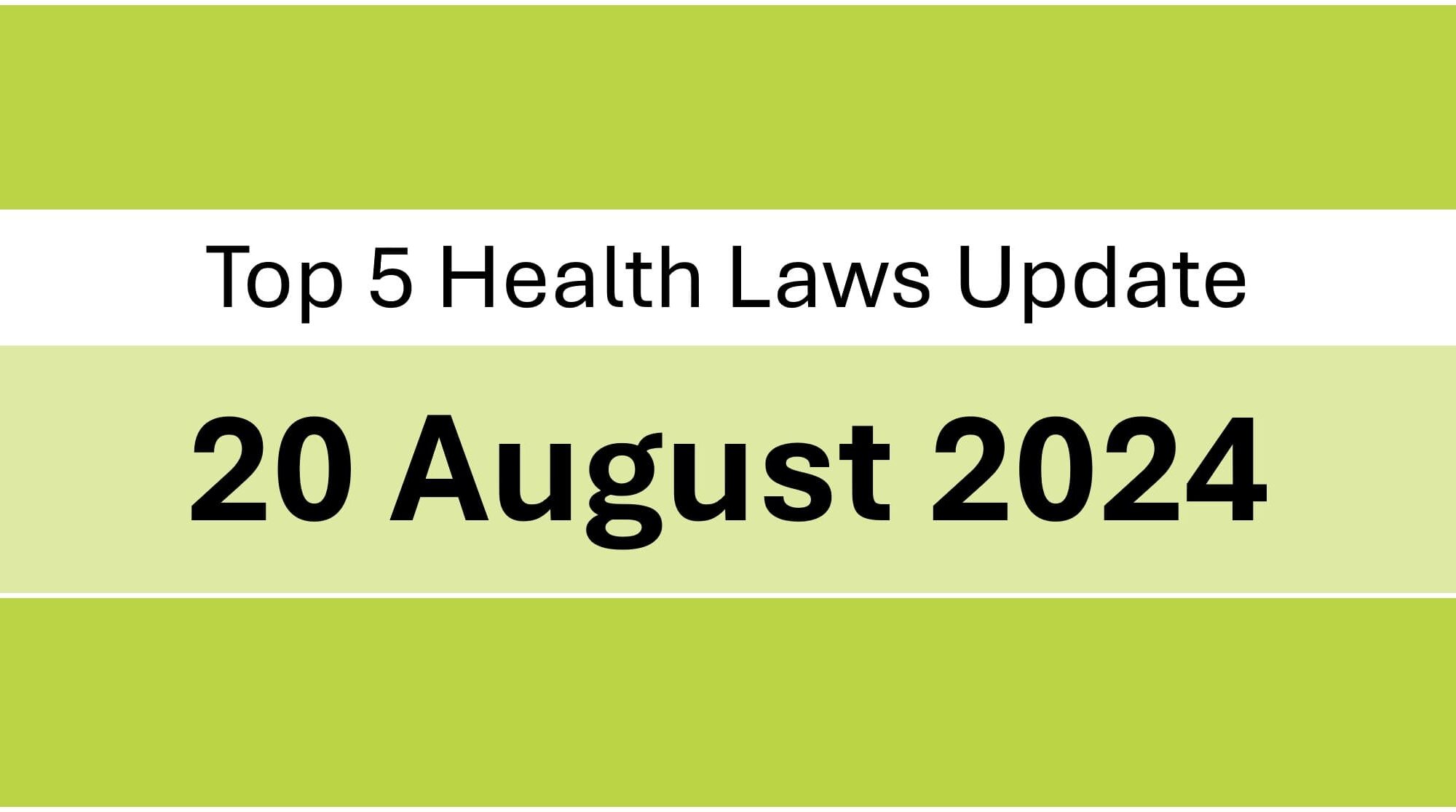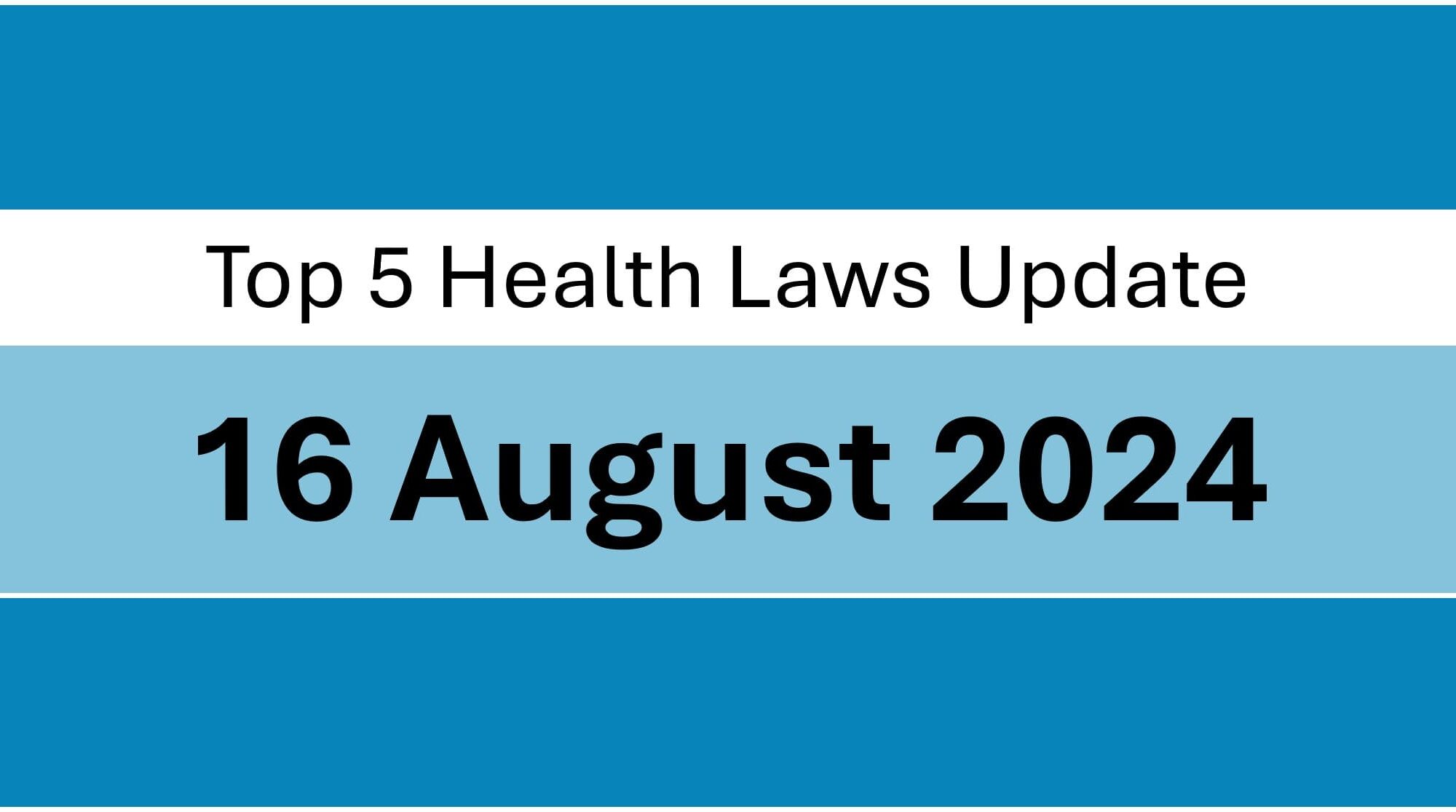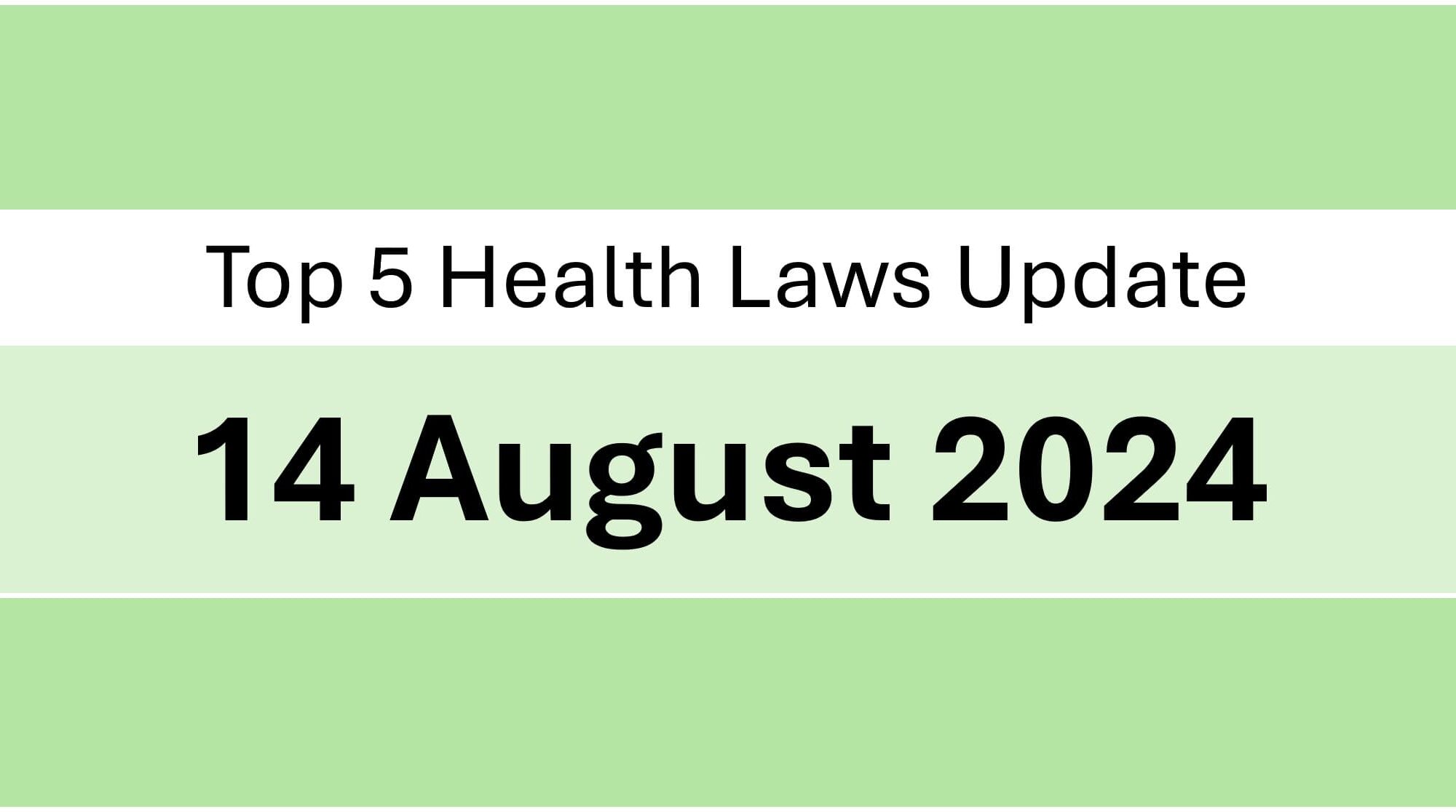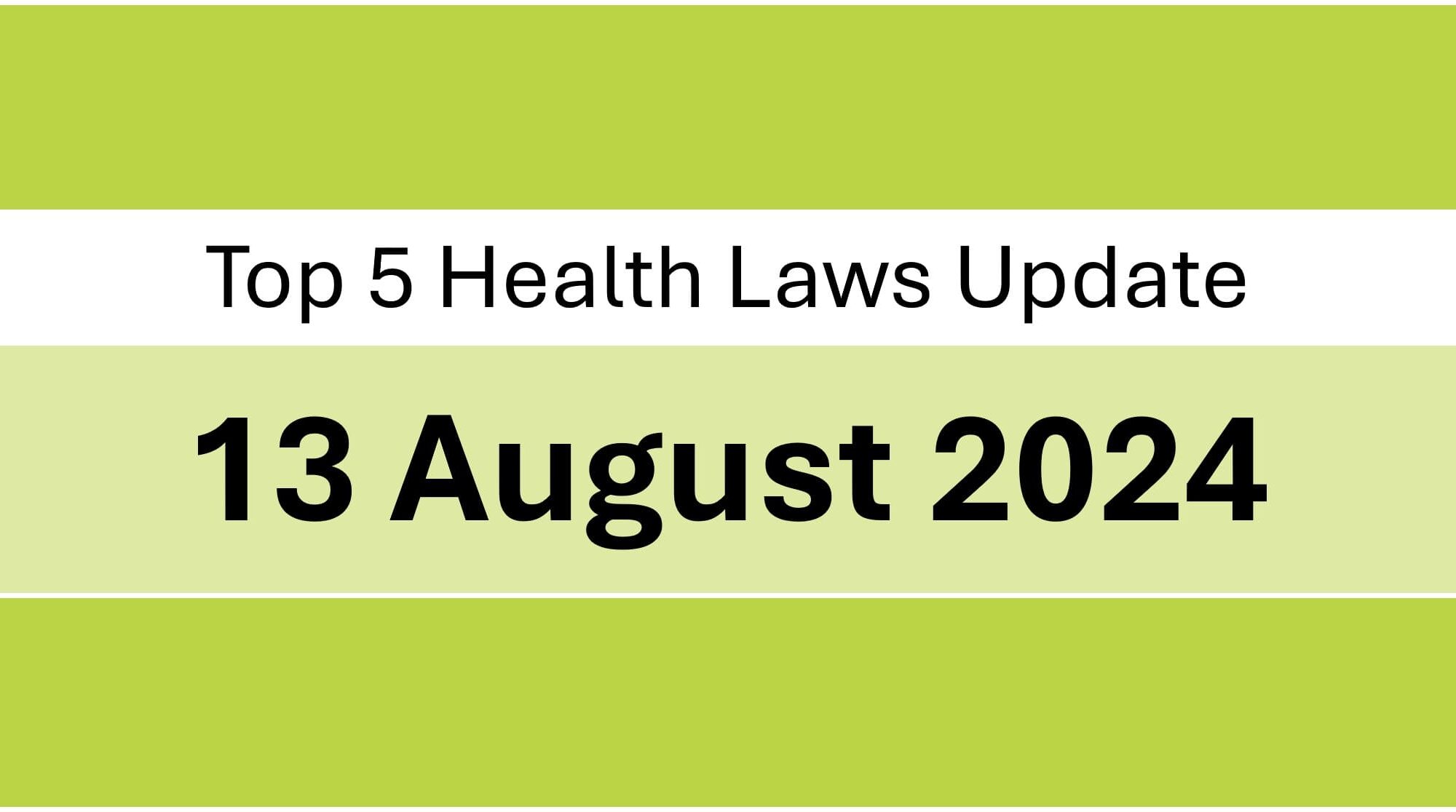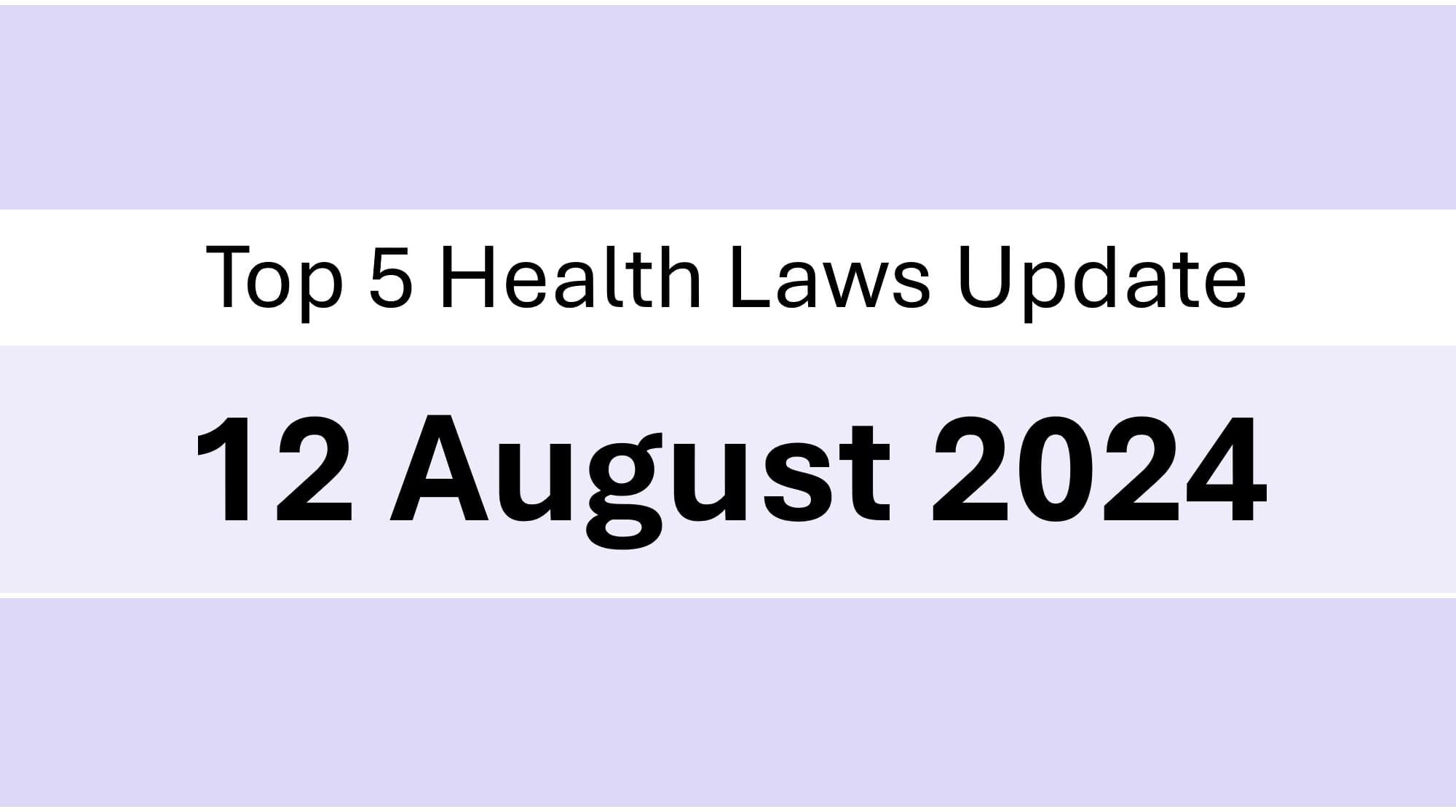1. Use of artificial yellow food coloring ‘Tartrazine’ in food items like moong dal is not food adulteration as ‘Tartrazine’ is a permitted food coloring under the Prevention of Food Adulteration Rules, 1955; India’s Supreme Court.
Source: bit.ly/4718Tk4
2. Food Safety and Standards Authority of India (FSSAI) has withdrawn the clarification for selling / marketing of milk and milk products in the name of A1 & A2 for further consultation. Previously, FSSAI had clarified that it is misleading to differentiate milk and milk products on whether they are made from A1 milk or A2 milk and had thereby directed to remove such claims from such products including e-commerce websites.
Source: bit.ly/4778axU
3. Retail prices to be reportedly reduced by 50% of anti-diabetic drug Empagliflozin, which is expected to go off patent in March 2025 under Drugs Price Control Order, 2013.
Source: bit.ly/470IFxW
4. Indian Pharmaceutical Industry has urged to amend and delete the term “retailer” from the definition of dealer under Drugs Price Control Order, 2013 (DPCO). Manufacturers and importers are required to furnish price list to dealers. The inclusion of ‘retailer’ within the definition of ‘dealer’ has led to confusion over the extent of this obligation, potentially extending the manufacturer’s and importer’s liability beyond wholesalers to include retailers as well. If approved, Retailers, who typically interact with consumers directly, would be excluded from the manufacturer’s direct regulatory responsibilities, thereby allowing the focus to remain on the wholesale distribution channel.
Source: bit.ly/3ABX4Vs
5. QR Codes / Bar Codes may reportedly be made mandatory for vaccines, cancer drugs and antibiotics to validate the authenticity of drugs and prevent the supply of counterfeits.
Source: bit.ly/475pDGH

